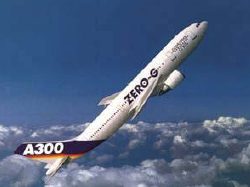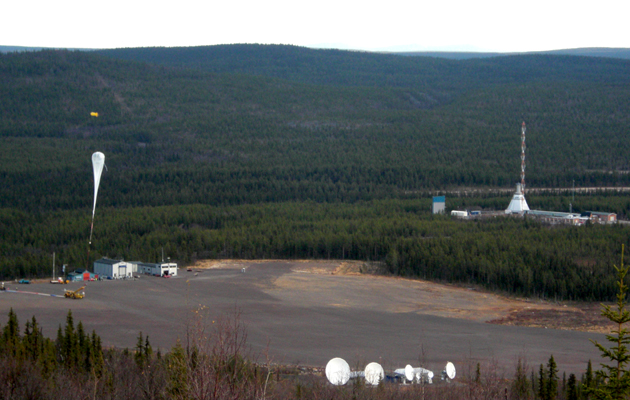The European Space Agency and Education
The Education Office of the European Space Agency (ESA) regularly announces opportunities for university students studying at ESA or PECS (Plan for European Cooperating States) countries. Such opportunities include parabolic flights, hypergravity experiments, rocket and balloon experiments and many more.

Hungary has been a cooperating state of ESA since 2003 therefore the Hungarian students can also submit their proposals to these programmes. Concerning the financing of the projects (e.g. through the PECS) it is suggested that the applying team contact the Hungarian Space Office.

In the frame of the BEXUS programme students from universities can carry out scientific and technological experiments on research balloons. These balloons, depending on the mass of the payloads and the meteorological conditions, are lifted to altitudes up to 25-35 km. There are no such ordinary aircrafts that can reach these altitudes. The student experiments are installed in the gondola of the balloon. The flight duration is 5-7 hours, from which approximately 2 hours are spent at the maximum altitude.
The next two ballon flights (BEXUS-14 & BEXUS-15) will take place in autumn 2012 in North of Sweden, only a few kilometers away from the Arctic Circle.
These kinds of missions have many difficulties to face: the minimum temperature can reach even -90°C and the balloon has to withstand the mechanical loads present during the ascending and the descending phase of the flight, not to mention the landing of the gondola.
